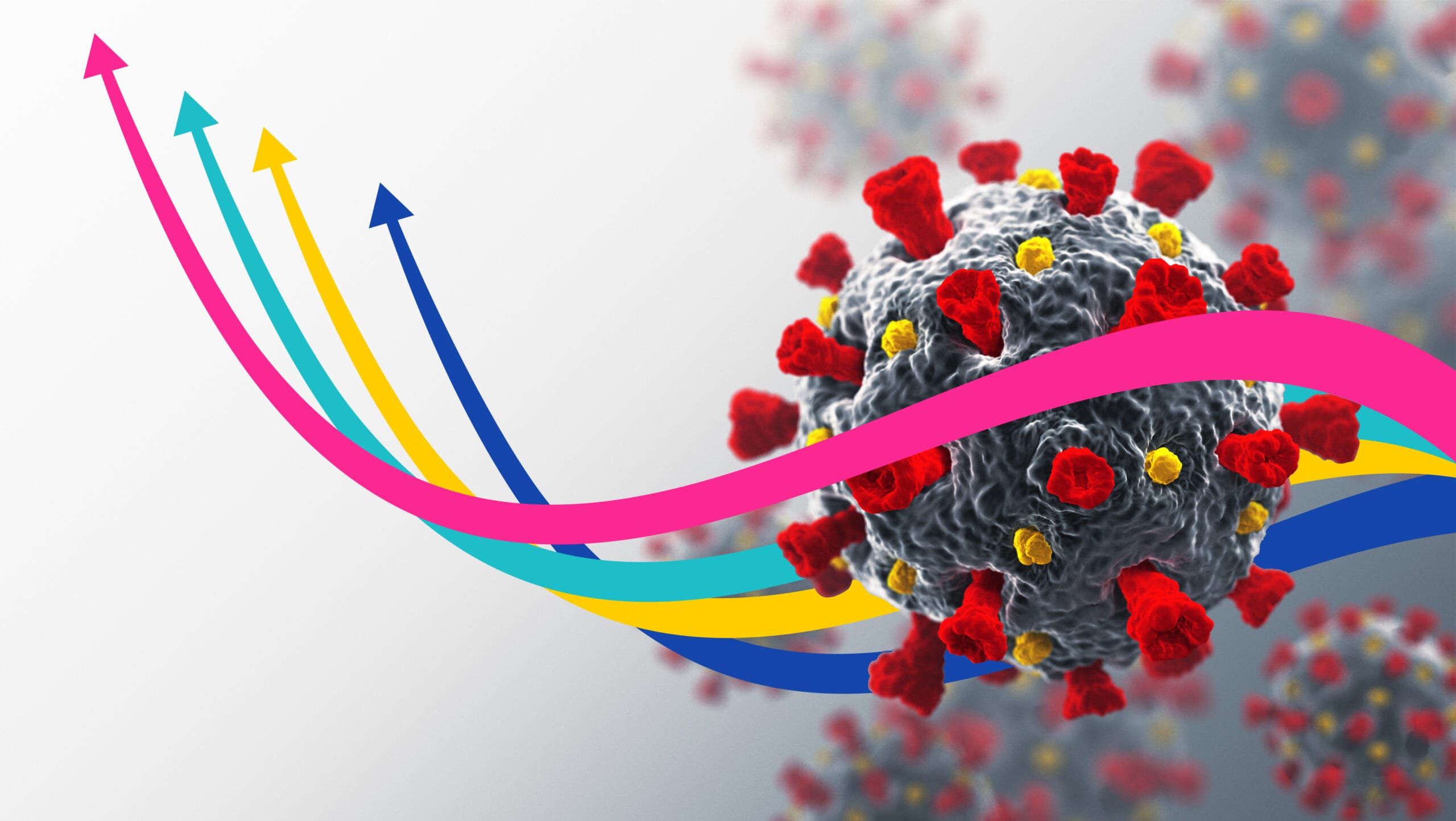This story is part of Your Communities In Action, a continuing series on LGBTQ2 folks coping and caring for each other during the COVID-19 crisis.
Almost 100 LGBTQ2 service organizations from across Canada have sent a letter to the federal government seeking dedicated funding to help them cope with the effects of the COVID-19 pandemic.
The letter, addressed to Bardish Chagger, the Minister of Diversity and Inclusion and Youth, asks the government to “establish a dedicated national emergency fund, separate from previously allocated funding, to support operations for not-for-profit and charitable organizations serving [LGBTQ2] communities that are managing the crisis response to COVID-19, to fund measures for healthcare, mental health services, housing support, and employment search assistance.”
A new study conducted by advocacy organization Egale—which helped pull the signatory groups together—shows that Canada’s queer and trans communities are experiencing greater impacts from the pandemic and social distancing measures in terms of employment and mental and physical health than the wider population.
The letter also asks the government to ensure that previously allocated funding to LGBTQ2 groups is not co-opted into pandemic funding, that future pandemic funding keeps the LGBTQ2 community in mind and that groups are given more flexibility in how funding can be used.
Haran Vijayanathan, executive director of the Toronto-based Alliance for South Asian AIDS Prevention (ASAAP), one of the signatories to the letter, says queer and trans folk in Canada already face unique pressures.
“When you look at the queer community in general, people already have to deal with homophobia, biphobia, transphobia and, in many cases, racism,” he says. “The pandemic has added an additional layer of stress and distancing.”
Vijayanathan says many LGBTQ2 people in Canada are reluctant to seek medical care because they feel doctors are not educated about their particular health concerns or realities. They also worry about confidentiality or that they might end up being outed to their families or ethnic communities. These barriers to accessing healthcare are going to get worse under COVID-19.
“At ASAAP, we deal with South Asian or Middle Eastern people who might be HIV-positive or LGBTQ. If it’s someone who’s not out of the closet, we understand. We help ease that burden of accessing health services.
“But without targeted funding, we might have to stretch our staff in a precarious way that might not be sustainable for however long this pandemic lasts.”
Danielle Keenan, the director of communications and issues management for Chagger’s office, says the government has received the letter.
“COVID-19 is a rapidly evolving global issue that knows no borders,” Keenan says in an email to Xtra. “As the government works to assist Canadians during this difficult time, we know that the health, social and economic impacts of the pandemic may have a disproportionate impact on the most vulnerable populations in Canada, including some LGBTQ2 people.”
“The government’s COVID-19 economic response includes help for individuals, workers and businesses, including LGBTQ2 not-for-profit organizations and charities facing hardship as a result of the outbreak.” Keenan did not address directly issues raised in the letter, but writes the government is continually re-examining a fluid situation.
“In this rapidly changing environment, the government will continue to work with its partners to determine what further measures are needed to ensure that community organizations have what they need to deliver critical services to those who need them most.”
With files from Erica Lenti.


 Why you can trust Xtra
Why you can trust Xtra


